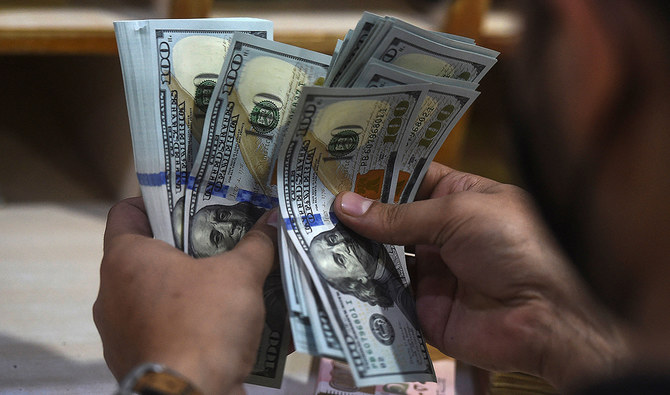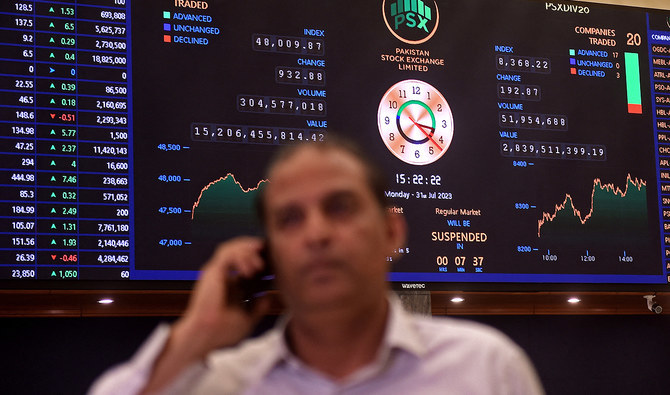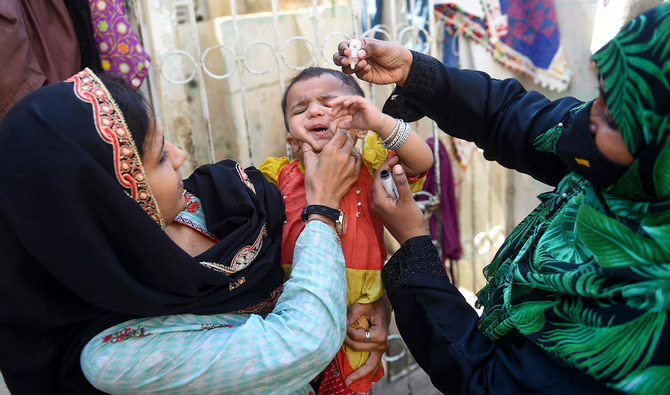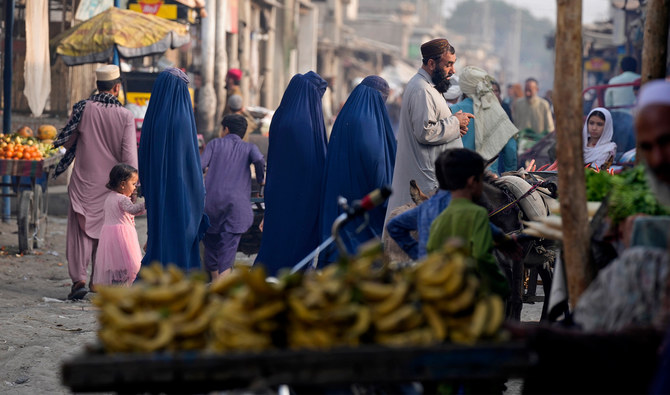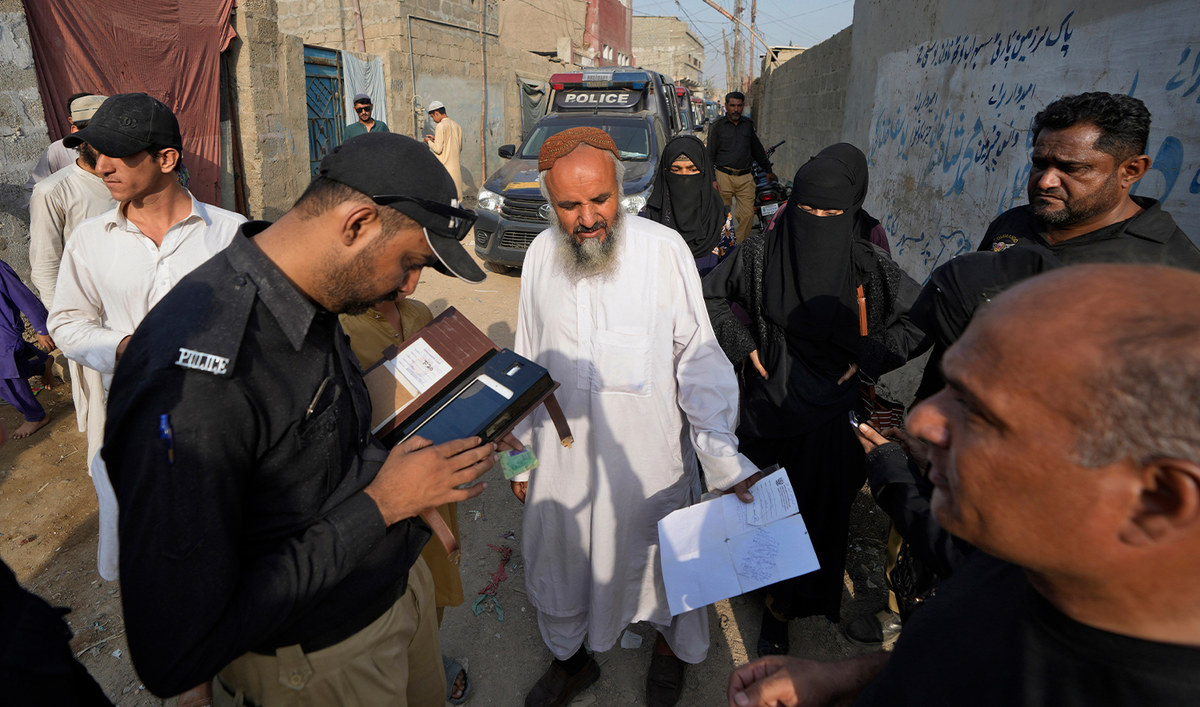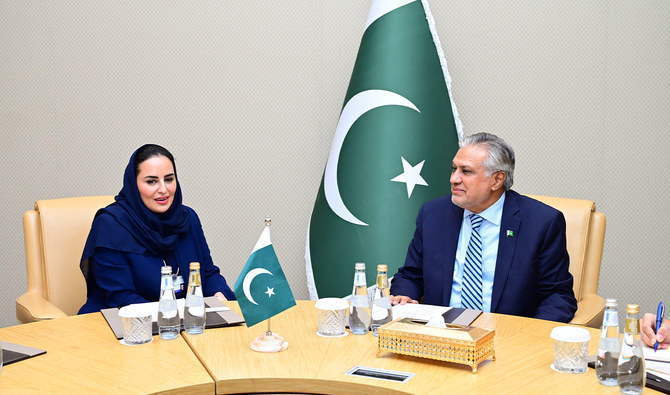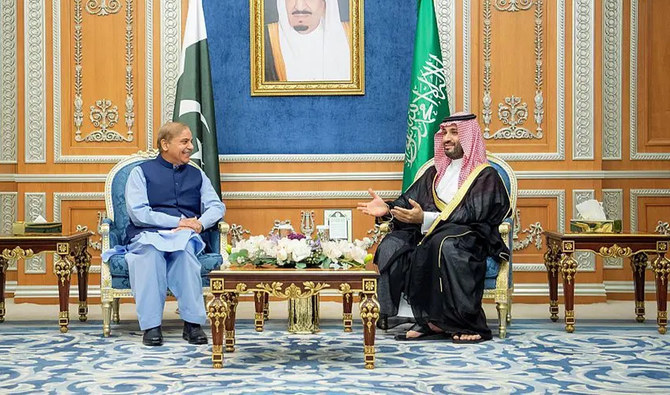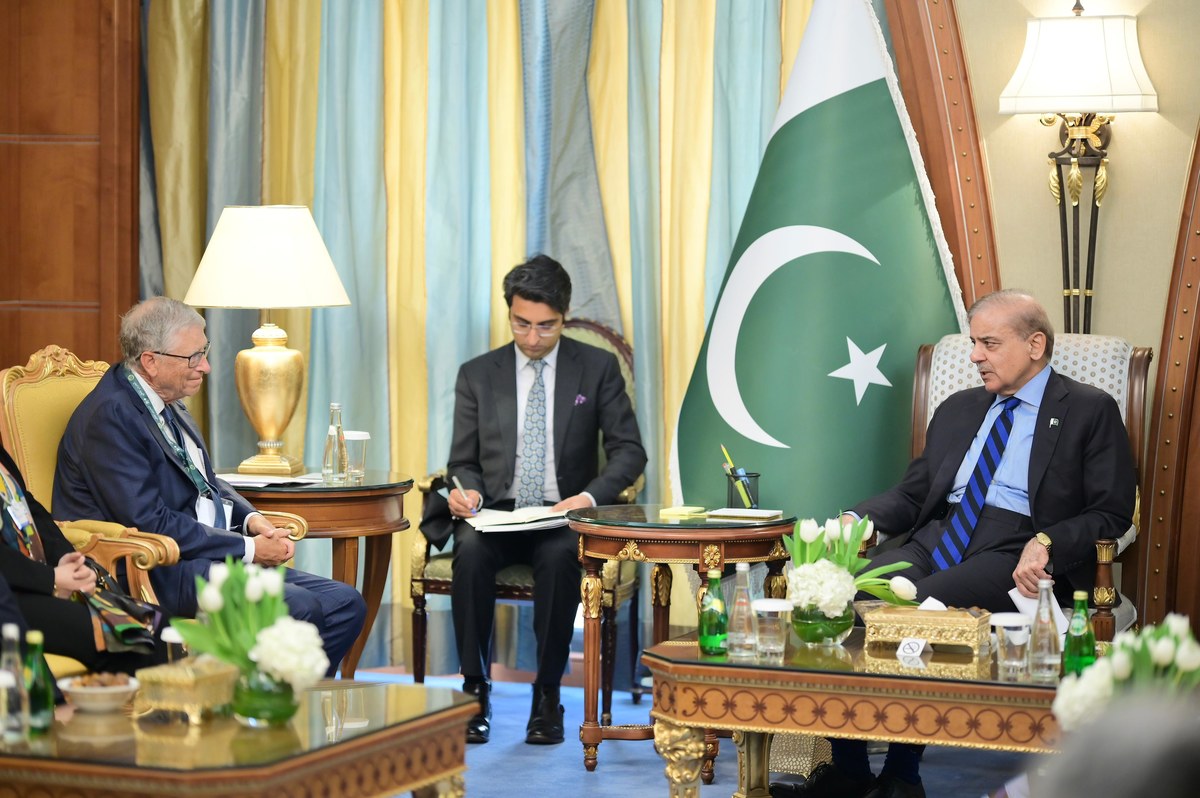KARACHI: Pakistan’s central bank confirmed on Wednesday it has received a second tranche of $705.6 million from the International Monetary Fund,(IMF) while the UAE rolled over its deposits worth $2 billion with the country’s state bank the same day.
In July 2023, the IMF approved a much-needed 9-month Stand-By Arrangement (SBA) with Pakistan for $3 billion to support the country’s economic stabilization program. The last-gasp deal helped the South Asian country avoid a looming sovereign default.
On Jan. 11, the international lender completed the first review of Pakistan’s program, allowing for an immediate disbursement of $700 million.
“SBP [State Bank of Pakistan] has received SDR 528 million (equivalent to $705.6 million) 2024 from the IMF following successful completion of the first review by the Executive Board of IMF under Stand By Arrangement (SBA),” the central bank said in a statement.
Pakistan received $1.2 billion in July 2023 after the SBA was finalized. The fresh inflows of $705 million would augment the country’s foreign exchange reserves to around $8.8 billion.
The disbursement will be reflected in the central bank’s reserves for the week ending on Jan.19, 2024.
In another positive development for cash-strapped Pakistan, the UAE also confirmed it had rolled over two deposits worth $1 billion each with Pakistan’s central bank.
“UAE has confirmed rollover of its two deposits of $1 billion each placed with State Bank of Pakistan for another one year which were maturing in January 2024,” SBP said in another statement.
Pakistani financial experts said both developments would boost Pakistan’s foreign exchange reserves and stabilize the exchange rate.
“An adequate level of foreign exchange reserves is an important component of macroeconomic stability for the country,” Dr. Khaqan Najeeb, former adviser of Pakistan’s finance ministry, told Arab News.
“The IMF inflows, together with the UAE rollover, will help build Pakistan’s foreign exchange reserves which currently are nearing two months’ worth of import cover, rising from one month of import cover,” he said.
Dr. Najeeb said the development would also assuage market fears and help build the perception that Pakistan has “stabilized on the external front.”
Farhan Mahmood, head of research at Sherman Securities, said both the inflows and rollover are positive developments for Pakistan as the country’s current account position improves.
“The inflows and rollover will keep Pakistan’s exchange rate stable at around current levels,” Mahmood told Arab News.
“If the exchange rate remains stable, it will have an impact on the inflation rate. I don’t see an inflationary pressure after these developments,” he added.
The Abu Dhabi Fund for Development (ADFD) had previously rolled over its existing deposits of $2 billion in Pakistan’s central bank in January 2023. The move brought much-needed financial relief to cash-strapped Pakistan.
This infusion of funds takes place at a key time as Pakistan bolsters efforts to stabilize its economic landscape and reinforce collaborative ties with international financial institutions and allies.



